Supermarkets will scrap paper price tags within five years and replace them with electronic price tags on shelves, at the same time adopting the type of repricing software we’ve become accustomed to seeing on marketplace.
There are two main benefits for retailers – eradicating the time it currently takes staff to update prices with printed labels (and producing reams of labels for them to walk around the supermarket with) and gaining the ability to adjust prices up or down according to demand. At the same time pricing errors could be rectified centrally in seconds to avoid displaying incorrect pricing on the shelves.
As an example, a retailer who sells a large number of meal deals at lunch time could price them lower up until 11am and then jack the price up at lunch time with the obvious encouragement to avoid the lunch time rush and pick you’re lunch up during your morning tea break. Equally, after lunch the price of the meal deals could be lowered again in an attempt to shift the sandwiches which will be out of date by tomorrow. If you think this is pie in the sky, think again – Marks & Spencer actually trialled this type of pricing last year in a few stores.
“This kind of technology will be dominant in the UK within two years and within five years it will be rare to see a paper price tag. Paper tags often show the wrong prices as they have to be manually replaced by staff when prices move, but electronic labels can be updated in just 20 seconds.”
– Andrew Dark, CEO Displaydata
It might sound pretty radical to know that the tin of beans that costs 75p today could be on offer at 20p at 11am on Monday morning when the shops are quiet and £1.20 on Saturday morning when everyone is out doing their weekly shop, but that’s what we could see in the future. It would also give supermarkets even more power to reprice against their competitors being able to instantly react to price changes from a competitor across town.
Quite how this will play out in the real world is anyone’s guess and as always it’s likely that the supermarkets will play the loss leader game to encourage you into their stores. You might pick up a pint of milk for 10p at quiet times, but it’s unlikely you’ll then go to another supermarket to save on bread and cheese.
Something else which no one seems to have figured out is what happens if you pick up an item at the time the shelf display says it’s 50p and then by the time you finish your shopping and get to the checkout the price has soared to £1.50.
What’s certain is that repricing will come to supermarkets but who will be powering it? Will it be the companies already expert in offering repricing technology to marketplace sellers or will a new crop of technology companies be born? If it’s a new tranche of repricing businesses, will their supermarket repricing algorithms translate to the online world for marketplace sellers to take advantage of?
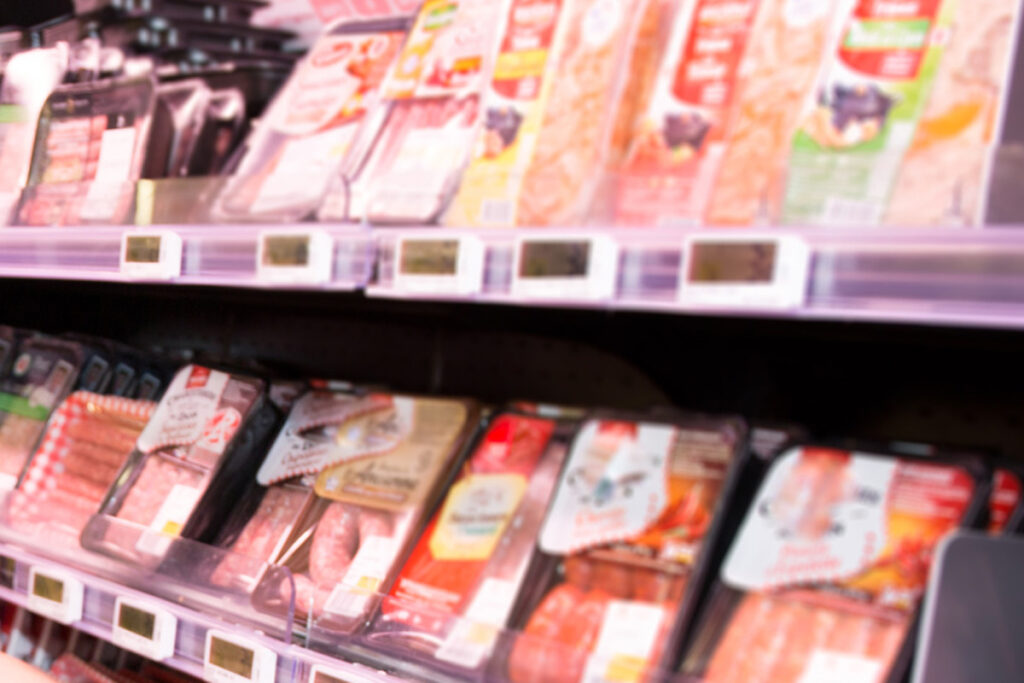
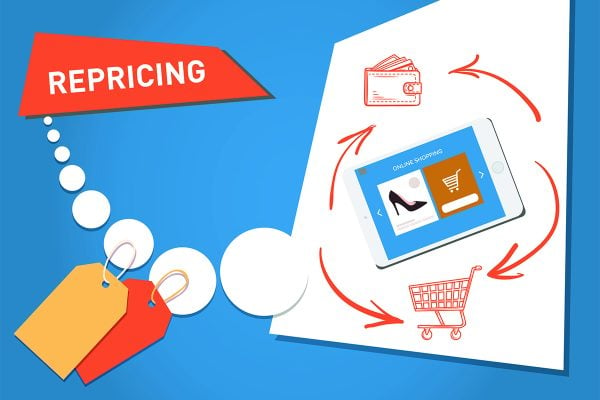
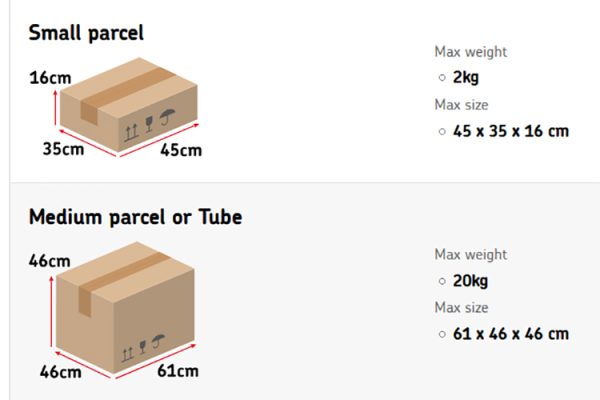


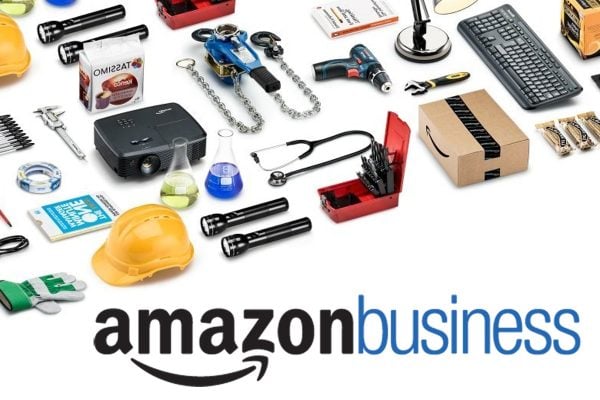

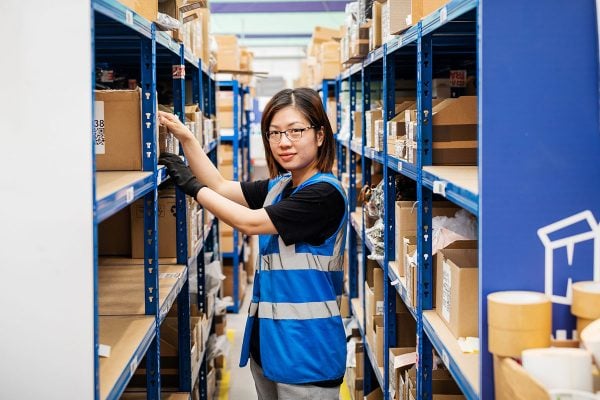


3 Responses
So I pick up a bottle of milk in the supermarket for £1.00 and take a few minutes to look around before going to the checkout. In the intervening time, the system has increased the price to £1.20.
I’m not going to be happy and there are going to be massive trading standards issues with this.
For years I’ve kept a rough running total of my spend in the supermarket – around half the time it’s wrong, always in their favour.
Since when has technology worked 100%? There could be even more price discrepancies than with the current system.
Some stores in Metroland will go with this, but elsewhere it won’t happen.
I agree with Andy, unless they scan the time you took the item off the shelf it wont work in practice for the reasons Andy gives.
One alternative may be to show the price (as it is normally) and to give a % discount at the tills ie 20% off between 23:00 and 05:00 hrs to 0% off at peak times.
The “new” electronic price display can still be used for faster updates to price changes. I for one have picked up and item “on offer” only to see the chap change the shelf price……on questioning he had already updated the tills to the non-offer price….so the store would not loose out (as always).
Apparently this is already happening on scan as you shop…with those that are doing RA/OA on large orders of single items…